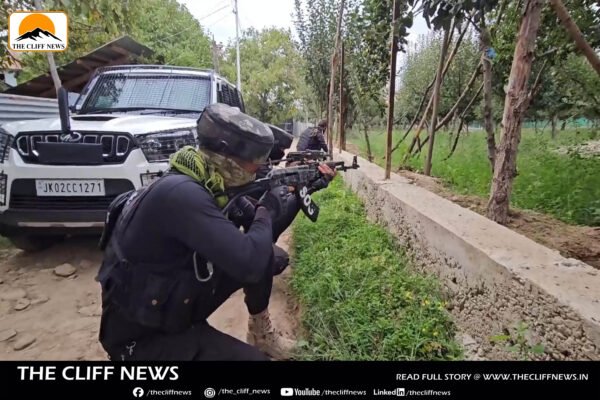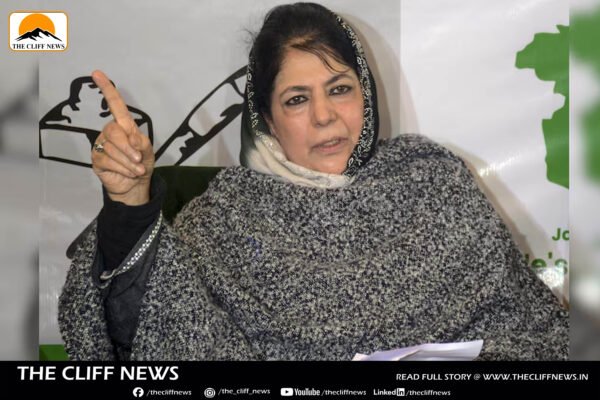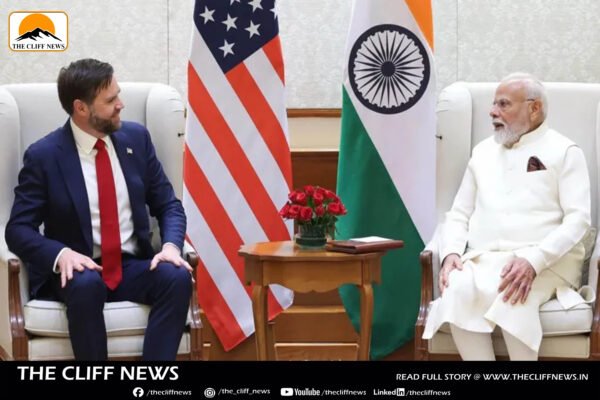PM Modi Vows Unprecedented Action After Pahalgam Terror Attack That Killed 28
Prime Minister Narendra Modi issued a strong warning to terrorists on Thursday, promising to identify, track, and punish those responsible for the horrific terror attack in Pahalgam, Jammu and Kashmir, that claimed 28 innocent lives. This was PM Modi’s first public address following the tragedy, and he used the platform to express the nation’s grief and to assure citizens of decisive and uncompromising action against the perpetrators. “On April 22, terrorists killed innocent people of the country in J&K’s Pahalgam. The country is sad and in pain after this incident. We stand with the families of the victims. The terrorists will not be spared; strong action will be taken against them,” the Prime Minister declared. He emphasized that the punishment will be “significant and stringent,” warning that it will be beyond anything the terrorists could have imagined. Speaking from Bihar, PM Modi reaffirmed India’s zero-tolerance policy on terrorism, stating, “India will identify, trace and punish every terrorist and their backers. We will pursue them to the ends of the Earth. India’s spirit will never be broken by terrorism.” He also thanked global leaders and nations for standing in solidarity with India during this difficult time, underscoring that the fight against terrorism is a global cause that unites humanity. In response to the terror attack, the Indian government took several strong measures. Pakistan’s top diplomat in India, Saad Ahmad Warraich, was summoned and handed a formal persona non grata notice for military diplomats. India also suspended the 1960 Indus Water Treaty, shut down the Integrated Check Post at Attari with immediate effect, and revoked all privileges extended under the SAARC Visa Exemption Scheme (SVES), ordering Pakistani nationals under the scheme to leave within 48 hours. The attack occurred in the picturesque Baisaran meadow, a popular tourist spot approximately seven kilometers from Pahalgam. According to survivors, six foreign terrorists disguised in Army fatigues launched a targeted assault, reportedly identifying victims based on religion. The attack unfolded around 1:30 pm amid a seemingly peaceful setting, despite the area having a significant security presence. Defence Minister Rajnath Singh also addressed the nation earlier, vowing a “loud and clear” response to the tragedy. With 26 Indians and two foreign tourists among the deceased, the attack has deeply shaken the nation and intensified calls for justice. The government has linked the attack to cross-border elements and noted that it took place shortly after successful elections in the Union Territory, which had showcased Jammu and Kashmir’s ongoing progress in economic and social development.










